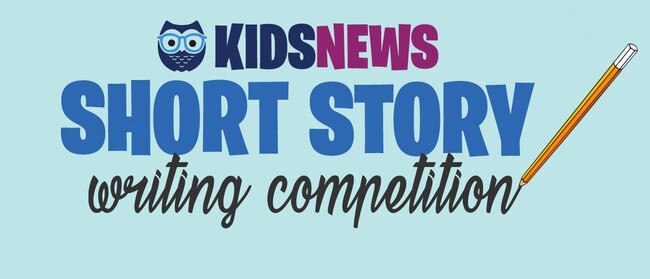Graphic novels and comics save the day for Aussie book publishers
Comics and graphic novels are a long way from the underground, with new data revealing them as the caped crusaders of children’s book sales, as 2024 Kids News Short Story Competition launches.
Competitions
Don't miss out on the headlines from Competitions. Followed categories will be added to My News.
Forget the zombie AI-ocalypse – heroes of the underground are here to save the day. Exclusive new Nielsen BookScan data unmasks comic strip fiction and graphic novels as the reigning superheroes of Australia’s children’s book market. The category has exploded in popularity over the past five years despite Covid-led economic instability and sustained financial pressure on families due to the cost of living crisis.
The growth is marked. In 2019, the children’s comic strip fiction and graphic novel Top Five was owned by one author-illustrator: American cartoonist Raina Telgemeier, who claimed four of the five spots with Guts (21,000 copies sold), Drama (7,000), Ghosts (6,000) and Sisters (6,000).
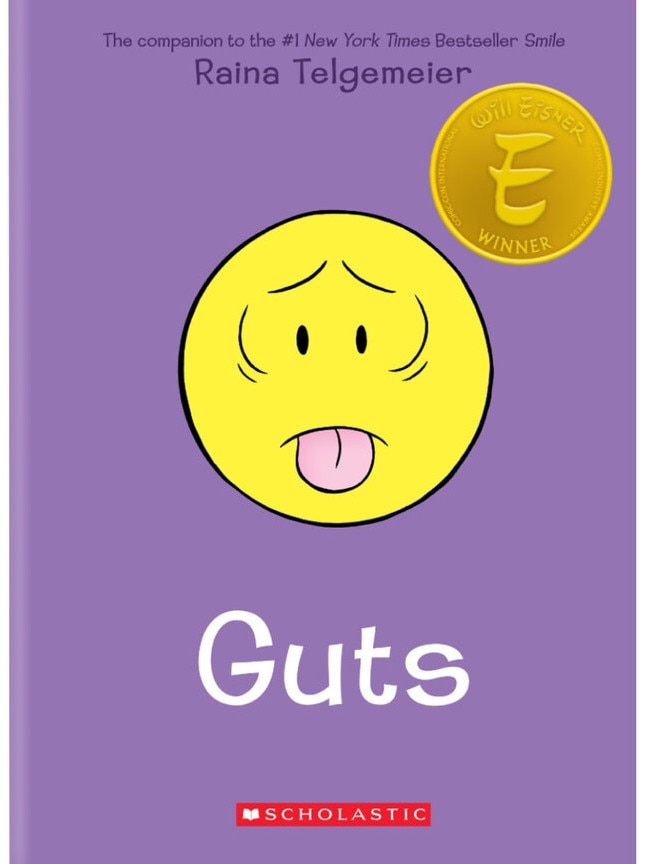
In 2023, sales that put Guts in #1 wouldn’t even earn Telgemeier a place in the Top Five.
In fact, the lead title in 2023 boasts sales nearly four times that of Guts in 2019: Dav Pilkey’s Twenty Thousand Fleas Under the Sea (Dog Man #11), which at 80,000 units would also topple Andy Griffiths’ and Terry Denton’s homegrown Treehouse series were it classified in the 2023 general children’s category.

The sole title to interrupt Telgemeier’s clean sweep in the 2019 Top Five was The Lost Heir, book two of Tui T. Sutherland’s Wings of Fire graphic novel series, with 8000 copies.
Now consider Wings of Fire sales in 2023. In the Top 20, Sutherland’s series holds #2, #5, #10, #13, #14 and #17. Their combined sales volume? 139,000 copies.
The comic is king – and not everyone is surprised.
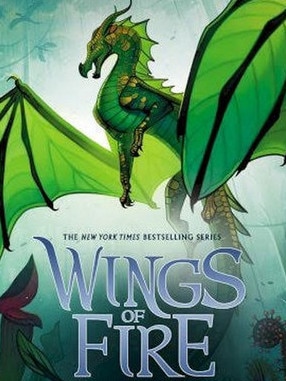
Comic creator and illustrator Marcelo Baez, who also runs after-school and holiday comic workshops for kids, said comics and graphic novels “are the gateway to literacy”.
“I talk to parents … of the kids that I teach in the workshops … and it’s comics that gets them interested in reading,” he said.
“Especially now that kids are so addicted to devices … and it’s a very visual world. I think comics have held out because of that.”

Baez said that 30 years ago, distributors had a much smaller view of what belonged in bookshops. Now there was far greater awareness of and appetite for “interesting comics from all around the world, from Japan, to Europe and America”.
He credited libraries and librarians with bringing comic strip fiction and graphic novels to mainstream Australia, delivering long overdue legitimacy in the eyes of sceptical parents and the publishing industry.
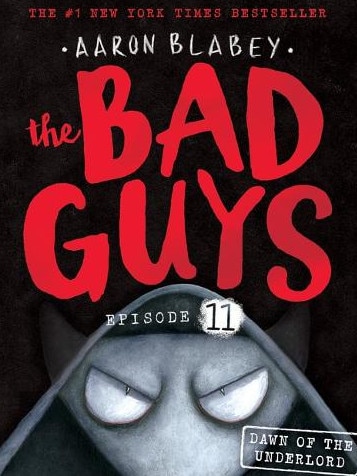
Australian Library and Information Association (ALIA) CEO Cathie Warburton said librarians “love seeing the excitement and joy from kids when a new graphic novel” comes in.
“At a time when the number of people reading for pleasure in Australia is declining, and when the health and wellbeing benefits are proven, getting kids excited by reading is more important than ever,” Ms Warburton said.
“Research shows that 89 per cent of children aged six to 17 agree their favourite books are the ones they have picked out themselves. If these happen to be graphic novels, all the better – they are a great way to encourage a love of reading.”
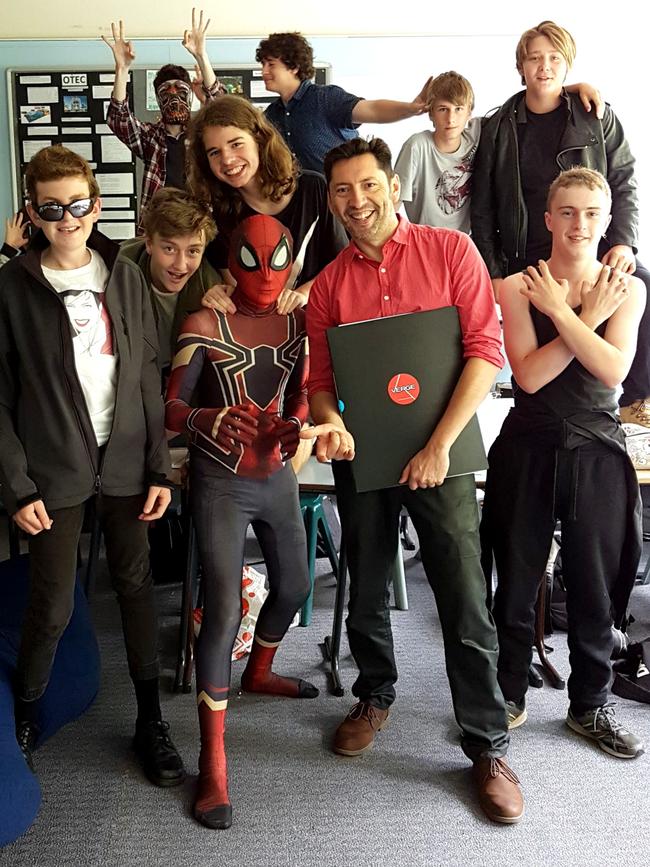
Dated misconceptions of comics and graphic novels as “junk food reading” couldn’t be further from the truth, said Frog Squad co-creator Kate Temple.
“Graphic novels increase visual literacy, something that couldn’t be more important when so much of our children’s time is spent consuming images,” Ms Temple said. “ Our kids are bombarded with advertising, AI images and fake news. So how do they learn to decode what is real?”
Ms Temple said she and husband Jol kept decoding “front of mind” while writing their new series.

“We wanted to create something gripping and highly illustrated but also something that got kids thinking about what they were reading and seeing on the page,” she said.
With the annual Kids News Short Story Competition open from Monday, last year’s winner in the K-2 category and avid fiction writer Everest Song, 7, said he reads “all kinds of books”.
“I love The Bad Guys and Dog Man,” he said. “Those are my favourite books. If you ticked off my (first and second) favourites, I love those two series. There are no rules in writing.”
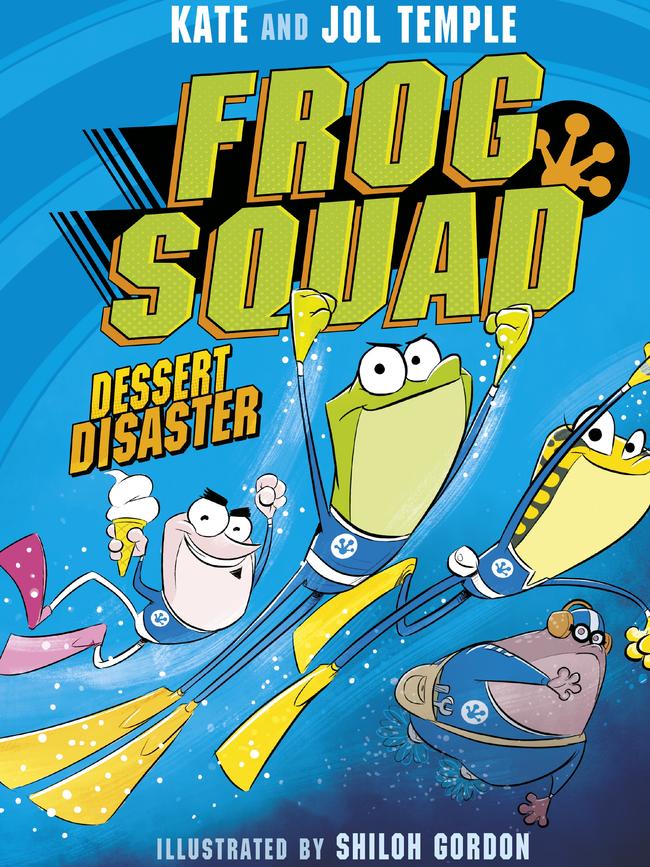
ABOUT THE KIDS NEWS SHORT STORY COMPETITION
The Kids News Short Story Competition runs from May 6 to 31 and is free to enter.
The competition has four age groups: Kindergarten to Year 2; Years 3-4; Years 5-6 and Years 7-9.
Stories must be between 250 and 750 words for students in Kindergarten to Year 4; and between 500 and 1000 words for students in Years 5 to 9.
A panel of judges, led by award-winning children’s author Jackie French, will choose the winning entries. The first prize winner in each age category scores 10 copies of their short story published by competition partner HarperCollins into a printed book with a personally designed cover.
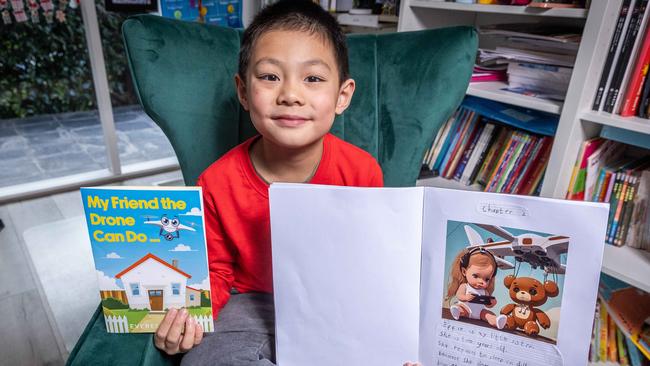
Each age category winner will also receive a HarperCollins Children’s Books Mentorship, which will include personalised feedback on their story from the HarperCollins editorial team and the chance to quiz them about writing and publishing.
There are also prizes for one runner-up and three highly commended entries in each age group.
Teachers can submit their students’ entries using the online entry form at kids.news.com.au
A consent form, signed by the student’s parent or guardian, must be attached to the entry form and can also be found at Kids News.
The 2024 Kids News Short Story Competition opens at 9am (AEST) Monday, May 6, and closes at 4pm (AEST) Friday, May 31, 2024. For more information and to enter, visit Kids News.
